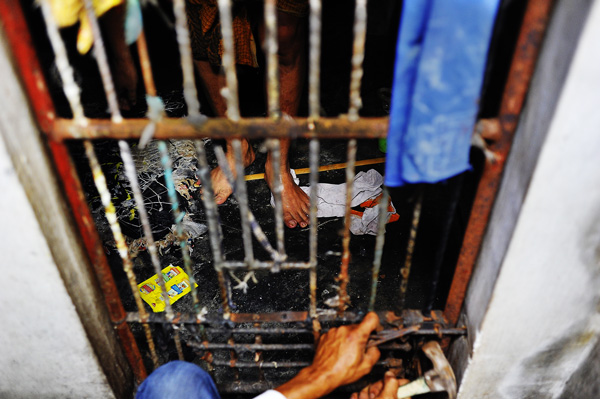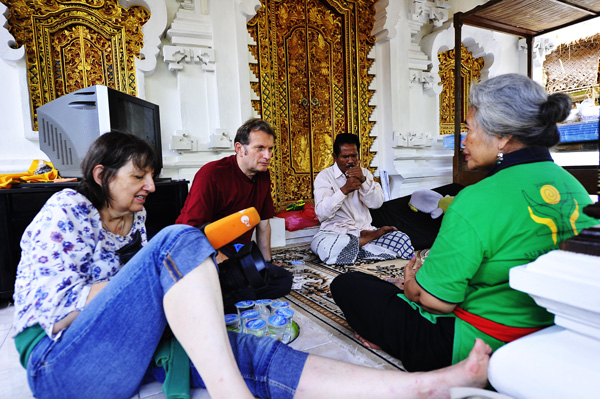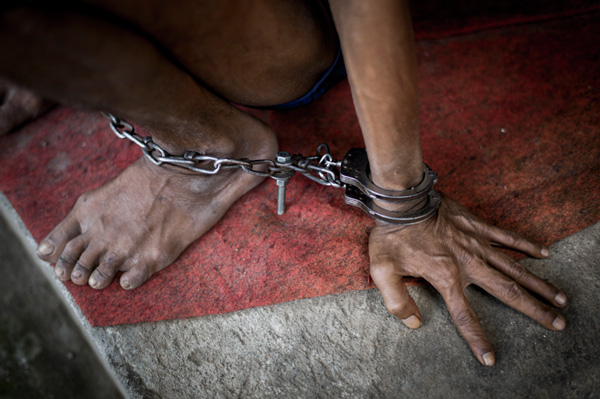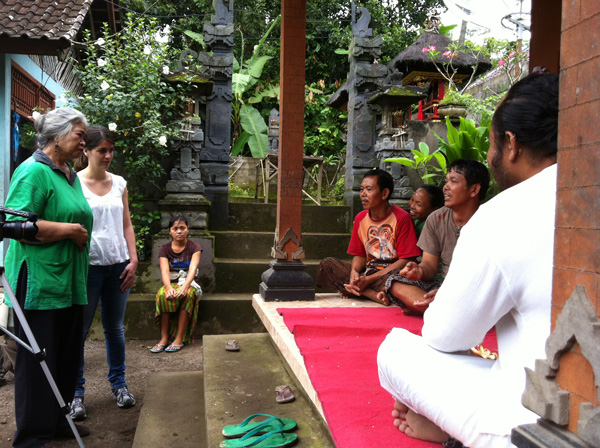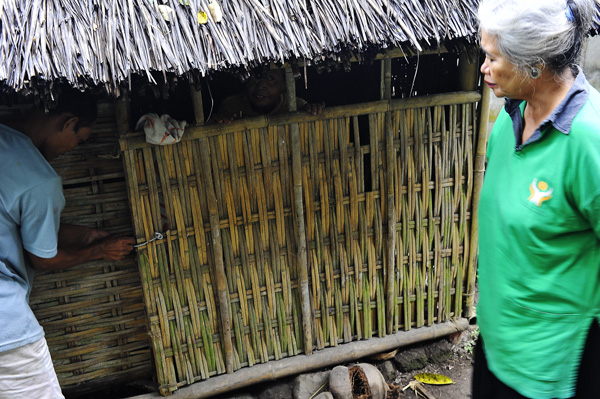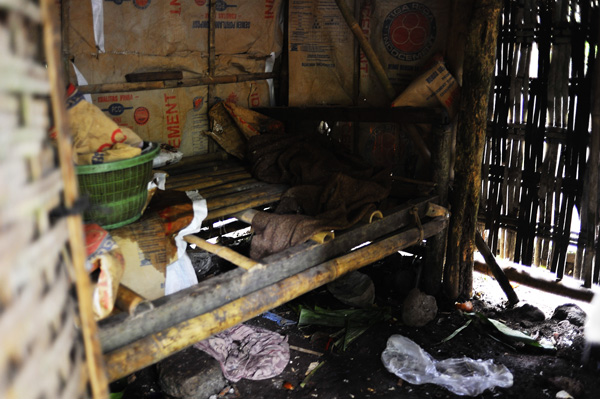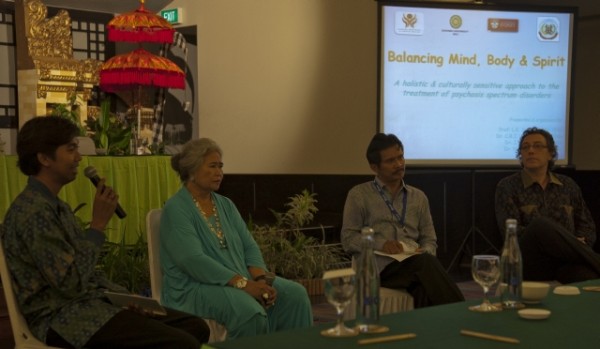All persons with a mental illness, or who are being treated as such persons, shall be treated with humanity and respect for the inherent dignity of the human person. They have the right to protection from economic, sexual and other forms of exploitation, physical or other abuse and degrading treatment. ZDF, as a public-service German television broadcaster based in Mainz (Rheinland-Pfalz) and an independent non-profit institution trying to help the people with mental disorder in Bali who suffering from human right violation.
“Regardless our efforts, still our aim is certainly not for us to become internationally famous, but simply to help these people who are in dire need. Thus, ultimately we want the world to know, so the government (any government) will be “forced” to act in a prudent and sustainable manner, resulting in the minimisation if not prevention of such tragedy from happening again in Bali and hopefully elsewhere in the world”, explained Professor Luh Ketut Suryani to Ulrike Eichin from ZDF, Germany together with Professor Gerhard Trabert during their visit to community where people with mental disorder still treated in inhuman condition.
“The film will be broadcasted in different television programs of ZDF (which is the biggest TV company in Europe), and there is a very good chance, that this will have positive implications – for the people in dire need and for your political intentions”, said Ulrike in relation to help Suryani Institute fight against discrimination and human right violation to the people with mental illness in Bali. Comprehensive anti-discrimination legislation is also needed to protect people with mental disabilities in both the public and private spheres. Every patient shall have the right to be treated and cared for, as far as possible, in the community in which he or she lives with treatment suited to his or her cultural background. “We have WHO representative in Indonesia but they seem to set no priority for this situation”, add Professor Suryani in a hopeless voice.


